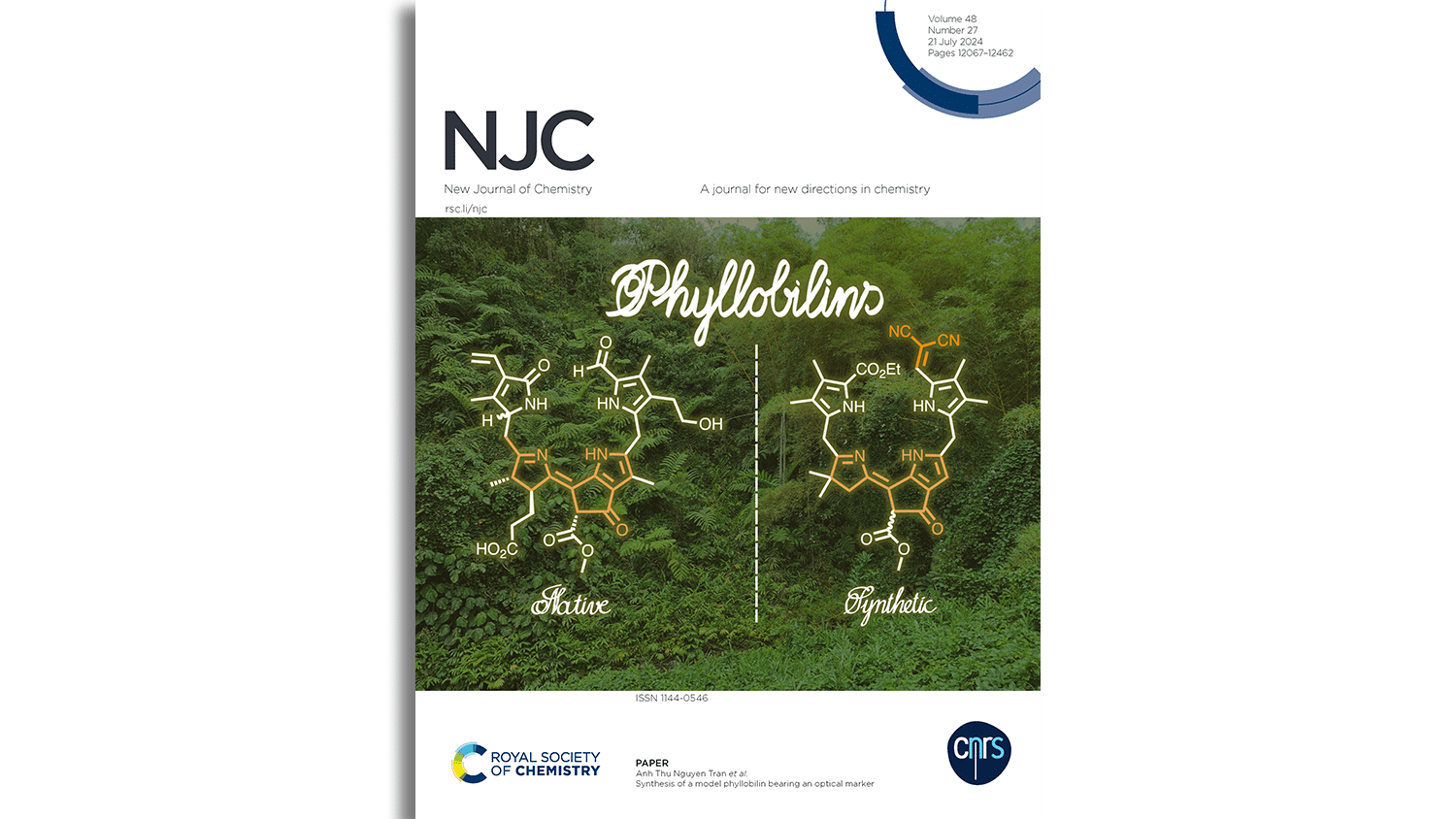NC State’s Comparative Medicine Institute Announces Drug Development Partnership With NC Central

A new partnership between NC State University and North Carolina Central University aims to identify drug development research leads faster. The initiative was led by Joshua Pierce, associate director of CMI’s Emerging Infectious Diseases unit and a faculty member in NC State’s College of Sciences.
The partnership brings together the distinct but complementary assets of NC State’s Comparative Medicine Institute (CMI) and NC Central’s Biomanufacturing Research Institute and Technology Enterprise (BRITE). BRITE brings to the table high-throughput screening technologies, in addition to nearly 500,000 chemical compounds. And CMI brings researchers with a wealth of expertise in animal models, organic and analytical chemistry, and chemical biology, who’ll capitalize on these significant resources. CMI-associated startup companies will also have easy access to high-throughput screening technology.
High-throughput screening technology rapidly screens up to hundreds of thousands of chemicals with a biological target or cell type of interest, which is crucial to effectively identifying drug development research leads.
“It just allows you to look at things in a much more rapid way; you would not be able to screen 500,000 compounds by hand in a practical way,” Pierce says. “This really makes more sense than us having our own capabilities because BRITE fully manages and upkeeps the instrumentation, which is very expensive to do, and has full-time staff, from the pharmaceutical industry, to design assays, to run experiments, [and] to analyze data.”
While BRITE is providing the indispensable technology, CMI is providing the researchers needed for BRITE’s technology to reach its full potential.
According to BRITE Director Hernan Navarro, BRITE needs access to experts in chemistry and biology to identify new drug targets, provide the expertise for in vivo proof-of-concept studies, and collaborate on new funding opportunities. Navarro says they have roughly 20 faculty who contribute to drug discovery work, “but that’s not really enough to drive the whole system to sustainability.”
Along with the research collaboration, CMI and BRITE expect the partnership to open new doors for student training at both institutions. BRITE students will benefit from partnering with NC State faculty, and CMI students will have the rare opportunity to work directly with the high-throughput screening technology.
“It really seems like a perfect match because we fill each other’s gaps,” Navarro says.
Pierce echoes this sentiment, saying that CMI and BRITE “truly complement each other,” and adds that the agreement “is a critical element of our growing programs in drug discovery at NC State.”
This post was originally published by the Office of Research and Innovation.
This post was originally published in College of Sciences News.
- Categories:


